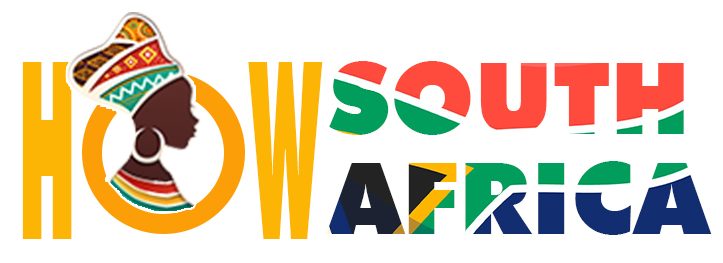Vodacom, managed by South African CEO Shameel Joosub, reported a $400 billion increase in mobile transactions over the previous year, which will conclude in June 2024.
This graph depicts Vodacom’s rising presence in mobile financial services throughout Africa, particularly in key markets such as South Africa, Egypt, Mozambique, Tanzania, Lesotho, and the Democratic Republic of the Congo (DRC). By June, 46.6 million individuals have used Vodacom’s services in these areas.
The $400 billion achievement demonstrates Vodacom’s commitment to mobile financial services, which is a fast developing market for African telecom operators. This rise is primarily attributable to the company’s expansion in its main regions and its 35% ownership in Kenya’s Safaricom.
Safaricom alone increased transaction volume by around $320 billion due to the popularity of its M-Pesa platform, demonstrating how telecom companies are expanding into financial services.
However, Vodacom’s presence in financial services remains stronger in Southern and Eastern Africa. In West Africa, Vodacom behind competitors such as MTN, Orange, Airtel Africa, and Moov Africa.
MTN, for example, reported $285.5 billion in transactions during the same time, with the majority of this coming from Nigeria and Côte d’Ivoire. Airtel Africa processed $115.5 billion in transactions, whereas Orange, despite not releasing precise data for Senegal and Côte d’Ivoire, recorded $144.7 billion over its whole network.
The rivalry in Africa’s mobile financial services sector is intensifying. In West Africa, new local businesses and fintech companies are making it more difficult for traditional telecommunications like Vodacom.
In Nigeria, for example, banks are collaborating with fintech companies, limiting telecom operators’ responsibility to simply providing connectivity. Newcomers, such as Wave in the WAEMU zone, are also shaking up the market, encouraging greater innovation and competition.
As revenue from traditional telecom services such as calls and internet access continues to decline owing to competition, financial services have emerged as a critical development area for businesses such as Vodacom. However, the success of mobile money services in Kenya and Tanzania is difficult to replicate abroad because to the significant market penetration. Vodacom, like its competitors, must negotiate these difficulties while exploring new methods to expand its banking offerings.





